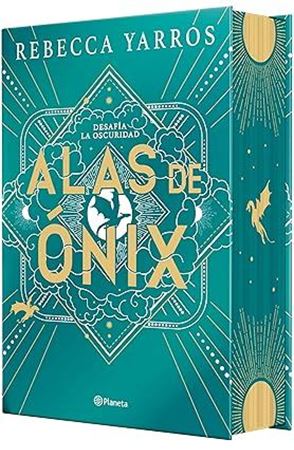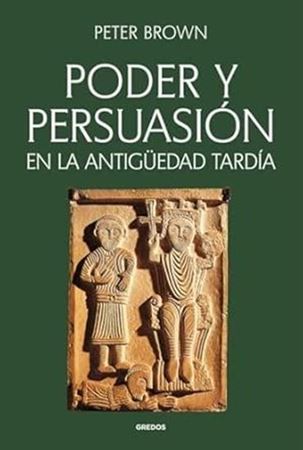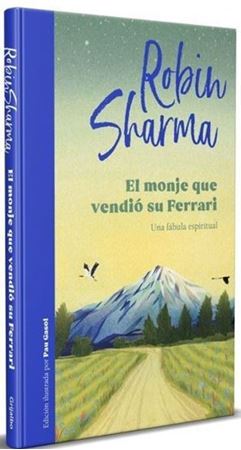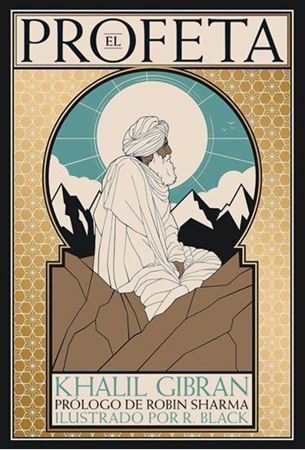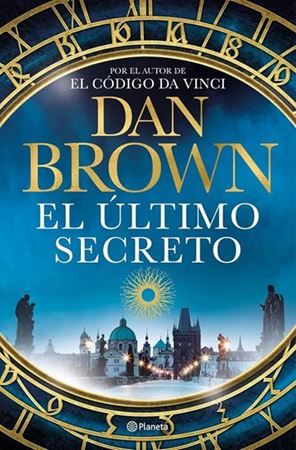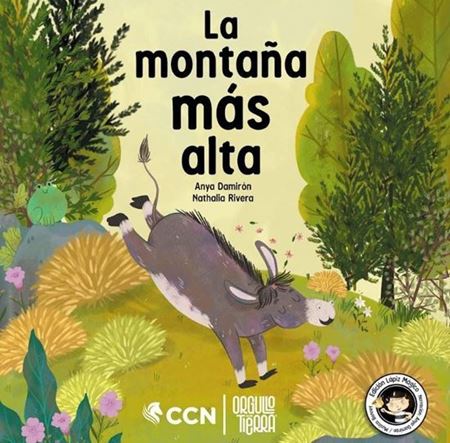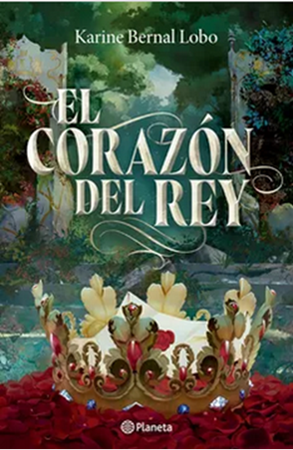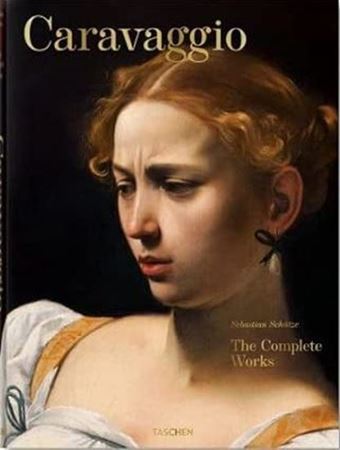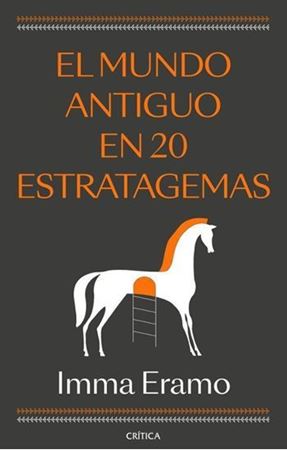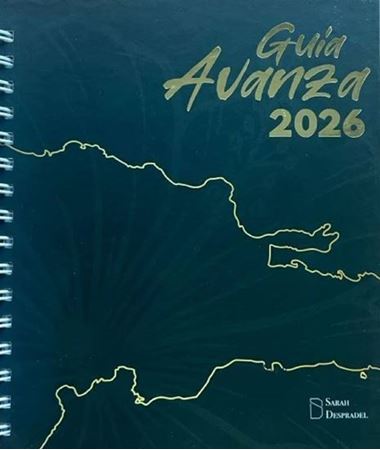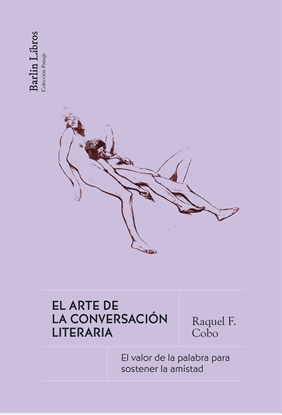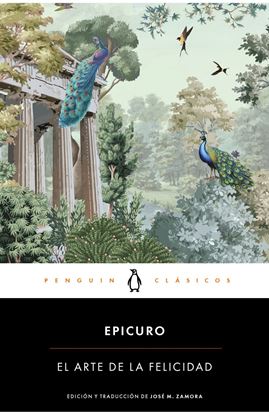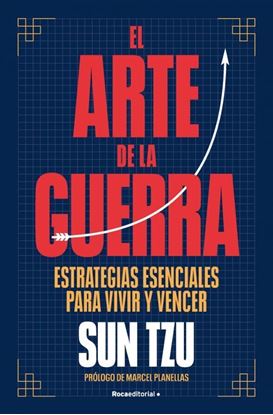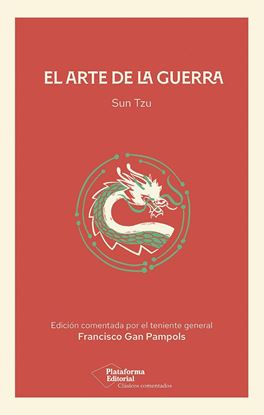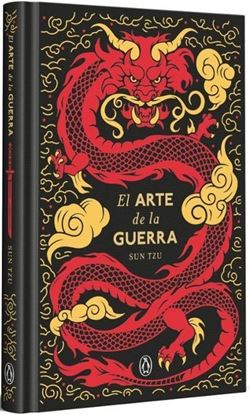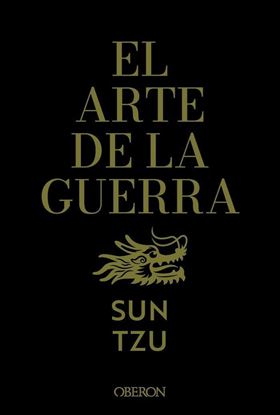

NOVEDADES
EL ARTE DE LA CONVERSACION LITERARIA
La conversación es, quizá, una de las formas literarias más antiguas que existen. Antes de la consolidación de los formatos que hoy en día nos siguen sacudiendo, como la novela, el poema o el ensayo, el diálogo ya era la manera natural de inclinar el cuerpo y la palabra hacia el otro y hacia lo otro. Un gesto nacido de lo espontáneo, que se consolidaría de manera paulatina en lo escrito sin perder un ápice de su esencia: la comunicación sustentada en la presencia de los demás.
En El arte de la conversación literaria, la escritora y académica Raquel F. Cobo explora el vínculo existente entre ese otro y la palabra; aquello que surge, como un destello o una chispa, en el núcleo mismo de la conversación entre dos personas o incluso con uno mismo. Para ello, recorre un sendero emocionante por las lindes más vívidas del diálogo: las que conforman la relación entre un maestro y un discípulo, las que nutren las tertulias sobre el propio acto de escribir, cartas y diarios atravesados por la necesidad de otros cuerpos comunicantes, o su presencia ensoñadora en las ficciones. Un poético y conmovedor viaje al corpus íntimo de lo literario, que nos acerca a la belleza de las grandes correspondencias de nuestro tiempo —escritas, imaginadas, comparadas—, de la mano de figuras como Annie Ernaux, Jorge Luis Borges, Ricardo Piglia, Marguerite Duras, Jaime Gil de Biedma, Julio Cortázar, Cristina Peri Rossi, Franz Kafka, Enrique Vila-Matas, Juan Villoro, Cesare Pavese o Alejandra Pizarnik, entre otras.
1,200
EL ARTE DE LA FELICIDAD
"Un tiempo ilimitado contiene la misma cantidad de placer que uno limitado,
cuando los límites de los placeres se evalúan mediante el razonamiento."
Son muy escasos los textos de Epicuro que han llegado hasta nuestros días; sin embargo, El arte de la felicidad contiene los puntos capitales de su filosofía -contenidos en tres Cartas: Carta a Heródoto, Carta a Pítocles y Carta a Meneceo-, que versa sobre temas tan esenciales como el fin último en la tierra, la esencia del alma o la composición del átomo. La última carta, dirigida a Meneceo, es la más célebre por desarrollar principios de la ética epicúrea como el de la imperturbabilidad o ataraxia, así como una guía de vida filosófica orientada a lograr la felicidad.
Esta edición cuenta, además de una cuidada nueva traducción de José María Zamora, una brillante introducción, también a su cargo, acerca de la vigencia de esta corriente filosófica, que sigue siendo una fuente de inspiración, por ofrecer una perspectiva atemporal, para vivir una vida feliz y serena.
950
EL ARTE DE LA GUERRA
Venerado desde el siglo V a.C., El arte de la guerra es en la actualidad uno de los principales manuales de vida en el que se inspiran los grandes líderes y estrategas en todo el mundo. Atemporales y sabias, las enseñanzas de Sun Tzu pueden aplicarse para triunfar en cualquier ámbito (política, negocios, relaciones personales, autodisciplina…). Sus lecciones nos enseñan a gestionar, reflexionar y abordar los problemas con mentalidad ganadora.
Este long seller sigue hipnotizando a nuevas generaciones, que buscan en él enseñanzas acerca de la toma de decisiones o la gestión de los recursos. Una lectura filosófica y una llamada a la acción que, de la mano del prólogo de Marcel Planellas, nos otorga una perspectiva imprescindible para entender los conceptos de liderazgo y gestión de grupos humanos, el éxito y el coste de nuestros esfuerzos.
1,650
EL ARTE DE LA GUERRA
Toda la sabiduría de El arte de la guerra en un texto ameno y actual gracias a los comentarios del teniente general Francisco Gan Pampols, que aportan una visión que, mucho más allá de sus conocimientos sobre estrategia, dirección y liderazgo, incluye también referencias fascinantes al cine, la literatura, la mitología y la filosofía que nos harán acercarnos a este tratado clásico sobre la política, el conflicto y el poder con una nueva mirada acorde a nuestro tiempo.
1,100
EL ARTE DE LA GUERRA (ED.ESPECIAL) (TD)
Desde hace alrededor de dos mil quinientos años, El arte de la guerra de Sun Tzu ha proporcionado consejos a líderes y estrategas sobre las mejores tácticas en el campo de batalla, el manejo de los subordinados o el empleo de la astucia y el engaño. Texto fundamental de la tradición china, también en occidente se ha vuelto una lectura esencial a la hora de buscar el éxito en la vida personal, en los negocios o en cualquier otro ámbito en que se deban resolver conflictos con eficacia.
El arte de la guerra es una de las obras del periodo clásico chino más traducidas, aunque pocas veces se vierte directamente desde el chino clásico y menos aún se ofrece el texto original lado a lado. Por este motivo, nuestra edición es bilingüe e incluye, además, la primera traducción completa de las glosas realizadas en el siglo III por el primer comentarista conocido de la obra, Cáo Cao, referencia fundamental para el conocimiento de la obra y una figura histórica de gran relevancia.
Con una nueva traducción a cargo del sinólogo David Sevillano López, responsable también de la edición, el presente volumen incluye una introducción sobre el contexto histórico de la obra, una nutrida bibliografía y detalladas notas explicativas.
1,150
EL ARTE DE LA GUERRA (ANAYA)
Escrito en el siglo VI a. C., El arte de la guerra de Sun Tzu sigue siendo un libro de estrategia militar actual. Napoleón, Mao Zedong y Douglas MacArthur reconocieron haberse inspirado en él. Y más allá del contexto bélico, los gurús de la gestión y la administración empresarial en la era moderna también han aplicado las ideas de Sun Tzu a las políticas y estrategias corporativas.
Esta edición presenta los caracteres chinos originales junto con una traducción al español de la versión en inglés moderno de James Trapp. Además, cada uno de los 13 capítulos incluye un nuevo comentario de un historiador militar que demuestra cómo la sabiduría de Sun Tzu se ha confirmado en el campo de batalla. Por ejemplo, analizaremos sus pensamientos sobre el espionaje en relación con la rebelión de Shimabara en Japón en 1638, veremos cómo la invasión aliada de Sicilia en 1943 ilustra sus ideas sobre la planificación y exploraremos su visión de las ofensivas estratégicas en un análisis de la victoria de Alejandro Magno sobre los persas en la batalla del Gránico en el 334 a. C. Desde la Antigüedad hasta el siglo XX.
1,250

